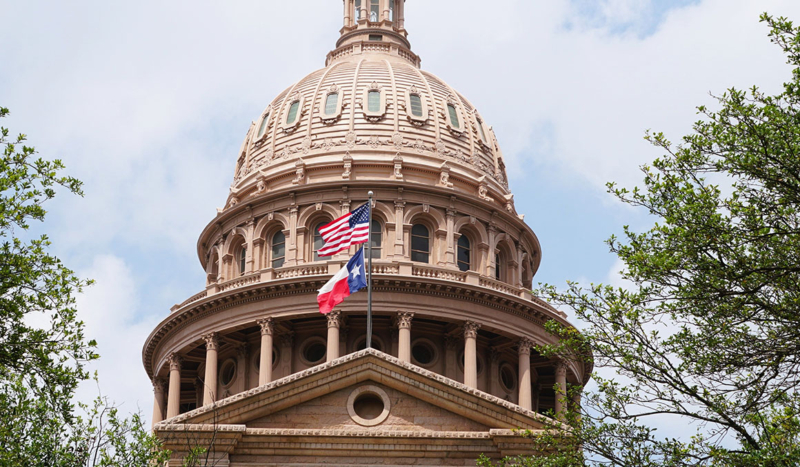
Khairil Azhar Junos / Shutterstock.com
CV NEWS FEED // The Texas House launched a marathon session Thursday to debate a $337 billion budget that includes the creation of the largest school choice program in the nation.
Senate Bill 1 would allocate $1 billion to fund 100,000 education savings accounts (ESAs), a move championed by Texas Republican Gov. Greg Abbott. These digital wallets would allow families to use public funds for private school tuition, homeschooling, and other approved education expenses.
Annual allotments would range from $2,000 for homeschoolers to $11,500 for private school students.
“The fact is that we are going to pass school choice this session,” Abbott wrote on X. “At the same we’ll ensure Texas public schools receive record funding.”
“School choice creates competition and guarantees a better education for ALL students,” he said.
The sweeping proposal also includes $11.2 billion in property tax relief and a record $6.5 billion for border security.
Abbott has repeatedly framed the school choice measure as a dual win—enhancing educational outcomes while empowering families.
“Texas is going to be on a pathway to excelling in education, while at the very same time, making sure that parents are going to have the opportunity to choose the education pathway that’s best for their child,” he said earlier this month, after the bill cleared the Texas Senate.
Catholic and conservative leaders have lined up in support.
CatholicVote officially endorsed the proposal in January as Vice President Josh Mercer urged Texas families to contact their lawmakers.
“Governor Greg Abbott is showing strong leadership by calling for school choice for every child in Texas,” Mercer said. “We need Catholic parents in Texas to join this fight and tell their representatives in Austin to fund students, not systems.”
Meanwhile, the superintendent of Catholic schools in the Diocese of Dallas praised the legislation as a win for religious liberty, emphasizing that Catholic schools “have the freedom to speak about God,” unlike public institutions.
In February, President Donald Trump endorsed the plan as he called on lawmakers to “deliver a gigantic Victory” for Texans and rallied for school choice measures across the nation.
The vote follows a failed effort in 2023, when Democrat-led amendments blocked similar measures.
Since then, pro-school choice Republicans have gained ground in the House, increasing the bill’s prospects. Still, some Democrats reportedly plan to vote against SB 1 altogether.
Texas Democratic Rep. Gina Hinojosa criticized the measure, claiming public schools are underfunded. Democratic Caucus Chair Gene Wu denounced the bill as a waste of taxpayer money on “culture war distractions” and “handouts to political allies.”
Supporters argue that school choice is urgent amid falling academic performance. A January Department of Education report revealed national test scores have declined since 2020, despite nearly $190 billion in federal pandemic aid.
Following the House vote, a conference committee will reconcile differences between the House and Senate versions of the budget before finalizing a plan.
“Texas is within reach of the largest school choice program lunch in the nation,” Abbott said. “Importantly, school choice will inject competition into the education process to ensure that both public schools, as well as private schools, will be achieving the best.”

